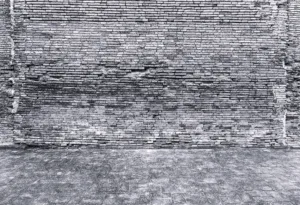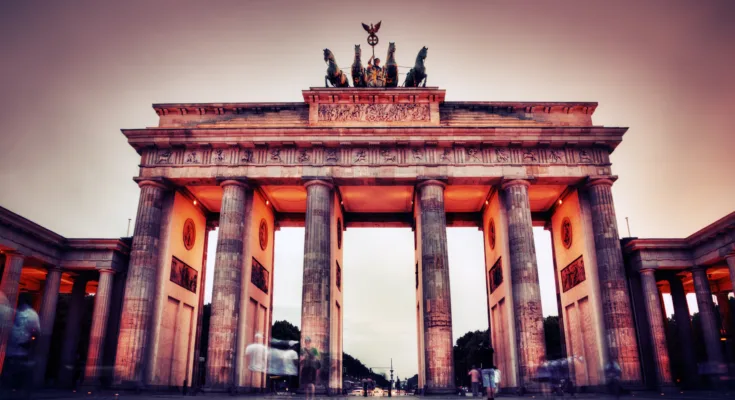The Berlin Wall serves as a reminder of separation and tyranny, a materialization that represents the epoch of the Cold War. In 1989, its fall represented a major historical milestone, closing one era and opening up new opportunities. To understand why the Berlin Wall fell, historical context must be considered along with other factors that contributed to its final destiny.
Historical Context
Origins of the Berlin Wall
After World War II, Germany was divided into a capitalist West and a communist East, from which the Berlin Wall would be built. The growing tensions between the Western Allies and Soviet Union even led to division of Berlin itself.
Cold War Tensions
The ideological and political competition between the United States of America and the Soviet Union shaped the cold war. Berlin became the epicenter of this conflict, the city representing the separation between East and West.
Events leading to the fall
Changes in Soviet Leadership
The rise of Mikhail Gobachev to power in the Soviet Union led to major shifts in the foreign policy. Gorbachev’s policies of glasnost and perestroika marked a divergence from the rigid approach United all his Soviet predecessors.
Pressure from the West
To initiate reforms and relax the travel restrictions, Western countries would mainly focus on the United States of America put pressure on Soviet Union. Economic stresses and internal anxieties further jeopardized the Soviet grip on its satellite state.

The fall of the Berlin Wall
Mass Protests
Discontent of the authoritarian rule increased in East Germany giving rise to massive protests for political reforms together with freedom of movement. The peaceful protest movement grew quickly, undermining the government’s legitimacy.
Opening of Borders
On November 9, 1989, East German officials surprised the public by informing that the border crossing restrictions for citizens into West Berlin were abolished. The barriers were overrun by thousands of people, and the Berlin Wall that had seemed an indestructible barrier to freedom became a beacon as those who wanted to cross from East to West did so freely.
Impact of the fall
Reunification of Germany
The collapse of the Berlin Wall led to the reunion of East and West Germany, which happened on October 3, 1990. After the reunification, Germany became not only a full-fledged player on the global scene but also put an end to a once defining division in its history.
Symbolism of Freedom
The fall of the Berlin Wall was not only a physical incident but it also proved itself to be an epitome for freedom and the victory of human spirit over oppression. It resulted in parallel revolution movements throughout Eastern Europe, that brought down other communist regimes.
Conclusion
The collapse of the Berlin Wall was a milestone event in history, which signified an end to the Cold War and the beginning of another epoch. It showed the weight behind the masses to achieve change; reminding the whole world of human ambition for freedom and unity.

FAQs
Q: Did the Berlin Wall collapse overnight?
A: No, the collapse of the Berlin Wall was symbolic to a period that had a long history of political, social and economic tension which this event became representative at sustained pressure from within East Germany and outside it.
Q: What was the role of the Berlin Wall collapse in Germany’s reunification?
A: The collapse of the Berlin Wall opened the door to reunification of East and West Germany, which took place on October 3, 1990 after months of negotiations between the two German states and international actors.
Q: What part did international diplomacy play in the collapse of the Berlin Wall?
A: International diplomacy was also instrumental in putting pressure on the Soviet Union and East German authorities to embark on reforms and relax travel restrictions, a situation that contributed towards the collapse of the Berlin Wall.
Q: What was the symbolic meaning of the Berlin Wall?
A: The Berlin Wall was a real and conceptual partition between the East and West, representing the division of Europe during the cold war period. Its downfall symbolized the demise of communism and the victory of democracy and freedom.
Q: What role did the collapse of the Berlin Wall play in international politics?
A: The collapse of the Berlin Wall changed world politics, placing an end to the Cold War and giving birth to new geopolitical realities. It opened up a new phase of globalization and cooperation among former enemies.




